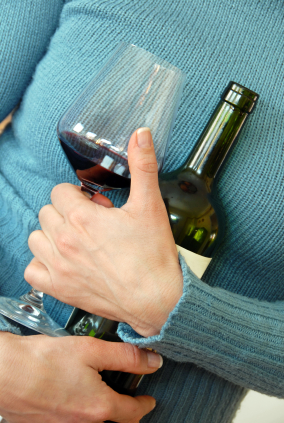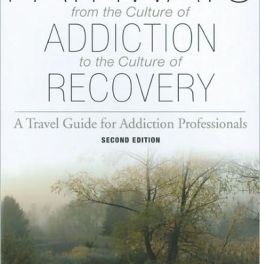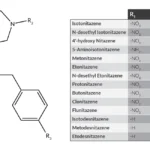I came across this article not long ago in The Guardian:
From Sober Mom Squads to anti-anxiety workbooks: do new AA alternatives work?
I was curious to see how the writer would manage to make a head-to-head comparison between AA – determinedly disorganized, nonprofessional, free, and admittedly not treatment at all– and an assortment of therapeutic programs and resources available for use (and sale) on the Internet.
I figured it was hopeless. Apples and oranges. Turned out I was right.
The article was along the lines of others we’d seen before – a thinly veiled slag-off of AA as rigid, unscientific and just plain out of date, contrasted with a sampling of whatever’s ‘hot’ at the moment in the self-help sphere.
A reporter explained this phenomenon to me some time ago. Whenever an article criticizes AA, its loyal members spring to its defense, effectively doubling or tripling readership with their protests. “I’ve used that trick myself once or twice, back when I was still drinking,” he admitted, with a grin.
Anyway, the article did make me consider how often a newcomer to AA is deterred by the fear that they’d be required to stop drinking altogether — and that is precisely what they hope to avoid. They’re seeking help not in quitting alcohol, but in restoring their control over drinking– something they’ve been in the process of losing, slowly and painfully, over time.
One of the case examples in the Guardian piece concerned a woman who signed up for a program on Instagram at a cost of $300 a month rather than attending AA meetings because in her mind, AA was for ‘alcoholics’ and she was merely a ‘binge’ drinker. I smiled because there are plenty of onetime binge drinkers in AA. Still, she knows that the great majority of them are now abstinent, and fears they would expect the same from her.
So why not try these lesser alternatives first? If they don’t work, there’s still time left to consider complete abstinence, on a more permanent basis. But that’s in the future, right? “I’m not that bad yet, am I?” she’ll decide.
I’m guilty of mind-reading here, but it is based on having listened to thousands of people over the years make essentially the same argument.
Like this drinker, discussed in a recent post.
She’d sworn off alcohol entirely for six months, hoping that a period of abstinence would restore her control and she would then be able to stick to a regimen of say, one or two drinks at a time, without forging on into intoxication. And it’s worked! she thought: She’d reintroduced alcohol in the form of a ‘glass of wine with a steak dinner’. A vivid image, I thought. I visualized her in a classy restaurant, with a pleasant companion, a sumptuous meal… it played out like a scene from a movie.
Or a fantasy of days gone by. And that’s fairly typical of people with alcohol problems.
“I cannot imagine not being allowed to drink a cold beer on a hot day,” someone insisted in my hearing not long ago. “I’ll quit getting drunk, but I’m not promising to give up an occasional drink.” Not that AA asks that of its members. The AA focus is on today. But in the drinker’s mind, permanent abstinence remains part of the package, and that’s a sticking point.
“A glass of fine malt whiskey with my dad, sitting around the fire on a winter’s evening,” reported another patient. “I can’t promise I won’t have one.”
I suppose that stubborn attachment to the idea of having something left of ‘the old you’ is characteristic of addiction. Perhaps evidence that the addiction is still there, waiting, even long after the drinking itself ceased.













